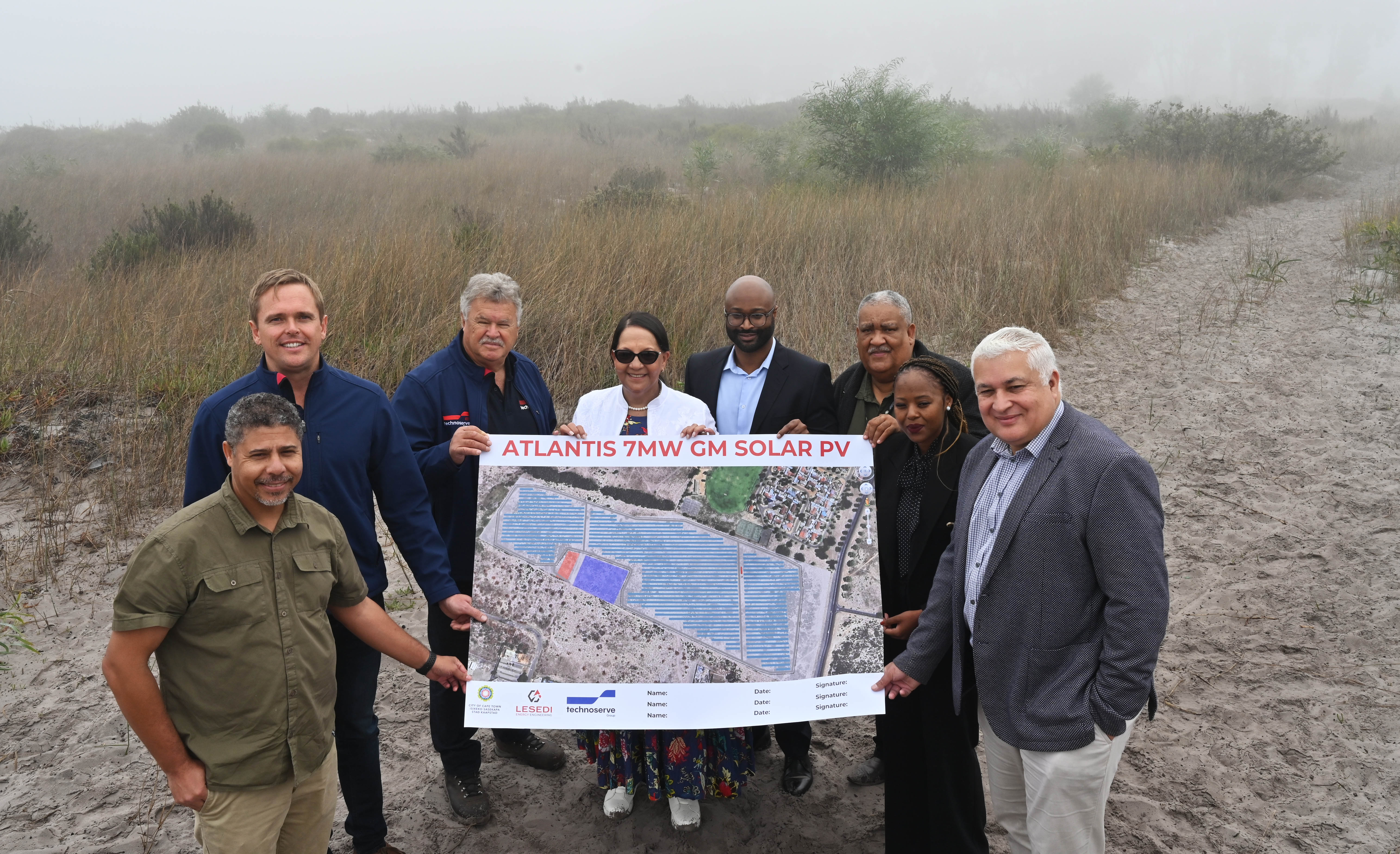Nicol Myburgh, Head: HCM Business Unit at CRS Technologies
Local businesses that have transitioned to hybrid work programmes are well aware of the potential productivity gains to be had when employees have the flexibility to work from anywhere. Of course, the journey from a traditional office setup to a complete remote model during the pandemic was the catalyst for this model. And while many organisations both locally and abroad are now requiring their workers to head back to the office, this is not necessarily the solution in todays connected world.
At CRS we have chosen a more fluid approach. Instead of implementing a mandate that requires employees to come into the office on specific days, we are giving them complete autonomy to decide whether they want to work from home or at the office. Some of our people prefer to come in when they have load shedding at home, while others like to be completely remote and have set themselves up accordingly.
As part of this, we have instituted a hot desk system in our office. This accommodates those who need a more traditional work environment as well as employees who want to come in and engage with others face-to-face on certain days.
Technology building blocks
At the heart of this flexible, hybrid model is our technology approach. Using advanced solutions, we can operate effectively as an organisation without needing the constraints of a physical office. For instance, Microsoft Teams is used for all our meetings, we use cloud storage for document sharing, a ticketing system for task management, and an online tracking system for time management.
All this is enhanced by Envolve, our in-house resource management and reporting tool. This has been designed to ensure that employee engagement remains high by being in constant communication with our people.
Business benefits
Since going hybrid we have experienced fewer work disruptions, with our employees finding it easier to collaborate. And given that there is no need for staff to commute to and from the office daily, many people are saving anything from one to two hours each day they can spend with their families.
Of course, a remote working model has enabled us to significantly expand our skills pool. We are no longer limited by geographic location. Instead, we can tap into expertise from anywhere in the world and become a truly round-the-clock business working across time zones.
From a cost-savings perspective, the benefits to the company have also been significant. Our people save on travel expenses while the business has drastically reduced infrastructure costs.
However, this model is not without its challenges. Disengagement and a sense of isolation are potential downsides. We mitigate these by staying in contact with all our employees using Envolve. The perennial issue of load shedding is also addressed either by employees having a backup power system or them coming into the office.
The future of work
There is no getting around the importance of hybrid work models in todays digital marketplace. Many recruits consider it a prerequisite for employment. This reflects a change in company culture by having one that is flexible and prioritises a better work-home life balance.
Our success with hybrid work can be attributed to our strategic use of technology. It was a continuous trial and error process to find the right combination of tools and organisational practices. Our current setup, featuring a suite of digital tools for collaboration and communication, has proven effective. This does not mean we can rest on our laurels. Every organisation looking to make hybrid work successful must be on the lookout for new technologies that can be used to further enhance the operating model.
Sign up to receive our newsletters and magazine free - click here. 8 in 10 fraud fighters expect to deploy GenAI by 2025Global survey of anti-fraudpros by the ACFE and SAS reveals incredible GenAI enthusiasm benchmarking studies suggest a more challenging reality.
05 Apr 2024 Anritsu enhances protocol test solution supporting NTN NB-IoT devices for GEO satellites.NTN NB-IoT is an IoT communication service for areas that terrestrial base stations cannot cover.
Yesterday Will data centres be able to keep up with digitalisation requirements?By 2030, the global internet population set to increase by a factor of five over the next six years, to 7.5 billion.
Yesterday GCIP awards celebrate innovations to propel South Africa to a green economy.The impacts of climate change, including droughts, floods, and environmental degradation, have underscored the urgent need for innovative solutions.
Yesterday Dial a Nerd introduces AI BotDan is more than just an AI Bot, he is a digital companion designed to revolutionise the IT support experience.
03 Apr 2024 Quadrant Systems, a leading IT solut











